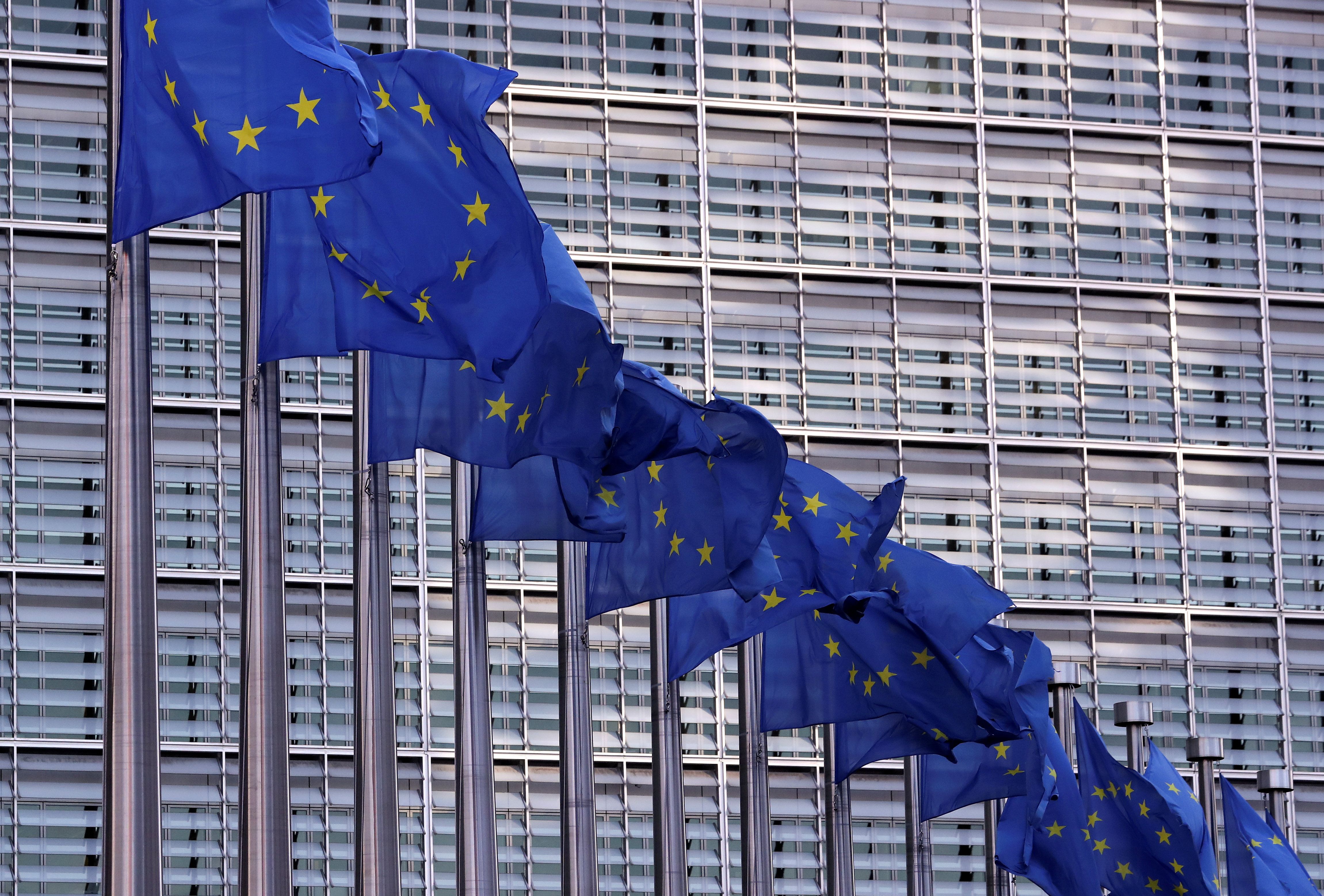Over the past decade or so, the European Union has weathered the global financial crisis, a migrant crisis, and the rise of populist nationalism. Sure, it's taken its fair share of bumps and bruises along the way, but the idea of a largely borderless Europe united by common democratic values has survived more or less intact.
Then came the coronavirus. The global pandemic, in which Europe is now one of the two main epicentres, is a still-spiralling nightmare that could make those previous crises look benign by comparison. Here are a few different ways that COVID-19 is severely testing the 27-member bloc:
The economic crisis: Lockdowns intended to stop the virus' spread have brought economic activity to a screeching halt, and national governments are going to need to spend a lot of money to offset the impact. But some EU members can borrow those funds more easily than others. Huge debt loads and deficits in southern European countries like Italy and Spain, which have been hardest hit by the outbreak so far, make it costlier for them to borrow than more fiscally conservative Germany and other northern member states. In the aftermath of the global financial crisis, this imbalance nearly led the bloc's common currency, the Euro, to unravel.
Today, Europe has already unleashed some serious financial firepower to fight the current crisis, mainly through its central bank. But some of the other steps that may be necessary to prevent an economic collapse, like an EU bailout fund or crisis bonds, have reignited long-standing disagreements between North and South. A meeting of Eurozone finance ministers next Tuesday will be an important sign of whether Europe can pull together on the financial front.
The border crisis: In a bid to stop the spread of the virus, countries across the union have imposed border controls, some banning all entry to non-nationals. Although measures like this are technically allowed during emergencies like pandemics, they've caused huge traffic jams and disruptions to the flow of important goods. Relatedly, some member states have restricted shipping critical medical supplies with fellow EU-members, for fear that they will be needed at home.
When and under what circumstances these borders are relaxed again will be a very thorny political question, which raises concerns about whether one of the EU's great achievements — the vaunted Schengen area allowing unhindered, passport-free travel across the EU – will survive the crisis intact.
A crisis of democracy: Hungary's lurch towards "illiberal democracy" was the subject of serious hand wringing in Brussels well before the pandemic hit, but member states never took sufficient action to deter it. Now that the strongman Prime Minister Viktor Orban has used the crisis to grab nearly unlimited executive powers, Hungary has become an existential test of the EU's commitment to democracy and the rule of law. Other illiberal forces in Europe and beyond will be watching to see how Brussels and the other member states respond.
Bottom line: For now, the EU is holding together amid the biggest crisis in the continent's post-war history. But it's still early days. As the death toll and economic destruction mount, tougher tests of the EU's ability to function as a bloc, rather than a collection of states with competing interests, may be yet to come.
